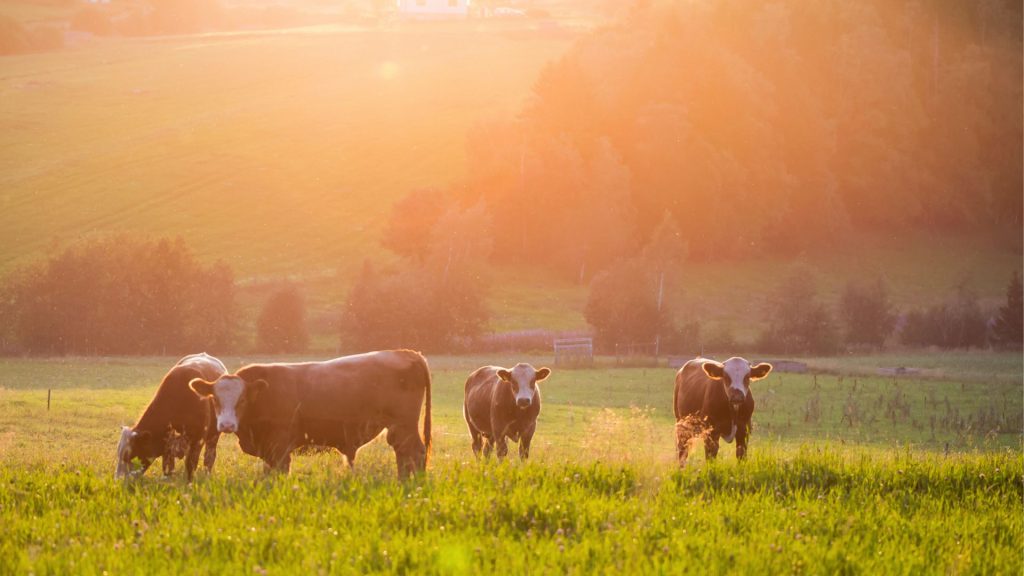This fall, Clean Wisconsin and its partners at the Dairy Business Association, Wisconsin Land and Water and the Nature Conservancy are working with Republican and Democratic state lawmakers to introduce legislation that creates a program to help farmers establish managed grazing systems on their land.
Managed grazing is a farming practice where livestock are systematically rotated through pastureland to optimize their nutrition and the land’s health. In addition to providing excellent nutrition to pastured livestock, managed grazing on perennial grasslands provides significant soil health and water quality benefits. The pastureland acts like a sponge, capturing and filtering nutrients, mitigating flooding in rural areas by absorbing stormwater, and building soil and organic matter.
Managed grazing also reduces the need for extensive on-farm manure storage, and the subsequent risks of manure application during tight timeframes in the spring and fall. Young and novice livestock producers can realize economic benefits from establishing managed grazing on their farms including reduced expenses for fuel, facility, and construction costs.
While approximately half of Wisconsin’s beef producers do practice managed grazing, less than 25% of dairy operations graze even a portion of their dairy herd. By offering financial support and technical assistance, the proposed new program will help more farmers take advantage of this beneficial water quality and livestock production practice.
The forthcoming legislation will create and fund a Transition to Grass program at the Department of Agriculture, Trade and Consumer Protection to provide grants and technical assistance to farmers for establishing a grazing system for livestock on their farms.
In the bill, grants will be available to farmers implementing a new grass-based managed grazing system or new managed grazing practices that improve the conservation and financial performance of existing grazing systems; grants will not be awarded to a farmer for the support of the farmer’s existing grass-based managed grazing system.
The Transition to Grass program will provide grants to farmers to:
- Assist with establishing perennial forages for rotational grazing of livestock on marginal areas of the farm to provide supplemental feed for the animals.
- Provide technical assistance through certified grazing specialists to develop grazing plans, including support determining field and paddock layout, infrastructure setup, seed selection, and establishment of rotational grazing patterns.
- Provide financial assistance for managed grazing system infrastructure needs, including fencing, watering, and other livestock management infrastructure, as well as incentives to offset costs for any implementation challenges during the first three years of pasture establishment.
- Assist farmers in navigating grass-based grazing system and grass-fed livestock research, market development initiatives, and market opportunities to meet consumer demand for grass-fed livestock products.
The bill is currently undergoing final drafting edits. The goal for Clean Wisconsin, Representative Todd Novak (R – Dodgeville), and other legislative supporters is to release the legislation in October for co-sponsorship and work with standing committee chairs in both the Senate and Assembly to hold hearings on the bill before the end of the year. Stay tuned for updates as the bill works its way through the legislative process.
By Sara Walling, Water and Agriculture Program Director & Erik Kanter, Government Relations Director

